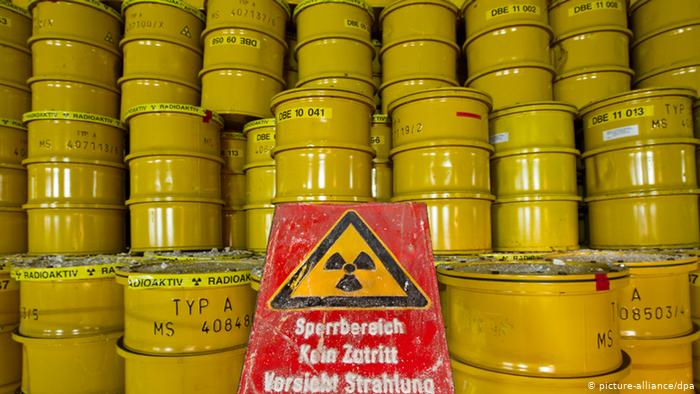The German Environment Ministry is seeking to ban the export of nuclear fuel rods to older reactors close to the German border, according to an internal working draft.
The change to the nuclear power legislation would rule out the supply of the fuel rods to power stations less than 150 kilometres from the border that has been in operation for more than 30 years.
Examples are Tihange and Doel in Belgium and Cattenom in France.
The rods are made at a plant in Lingen, a town in the state of Lower Saxony close to the Dutch border, that is operated by the company Advanced Nuclear Fuels.
While Germany is to shut down its nuclear power plants by the end of 2022, this decision does not affect the uranium enrichment plant at Gronau, a town in North-Rhine Westphalia also close to the Dutch border, or the Lingen plant.
Several German states have called for an end to the exports, including Baden-Wuerttemberg, North Rhine Westphalia, Saarland and Rhineland Palatinate, all with borders to Belgium or France.
The states put forward a joint motion to this effect to the Bundesrat, the upper house of the German parliament, at the beginning of the year.
According to the working draft document, the 150-kilometre zone has been put forward on the basis of the “external zone” 100 kilometres in a radius around a nuclear power plant cited in the official disaster planning, with 50 per cent added.
The cut-off year of 1989 was used because power stations from this era make use of a design that is now considered obsolete.

